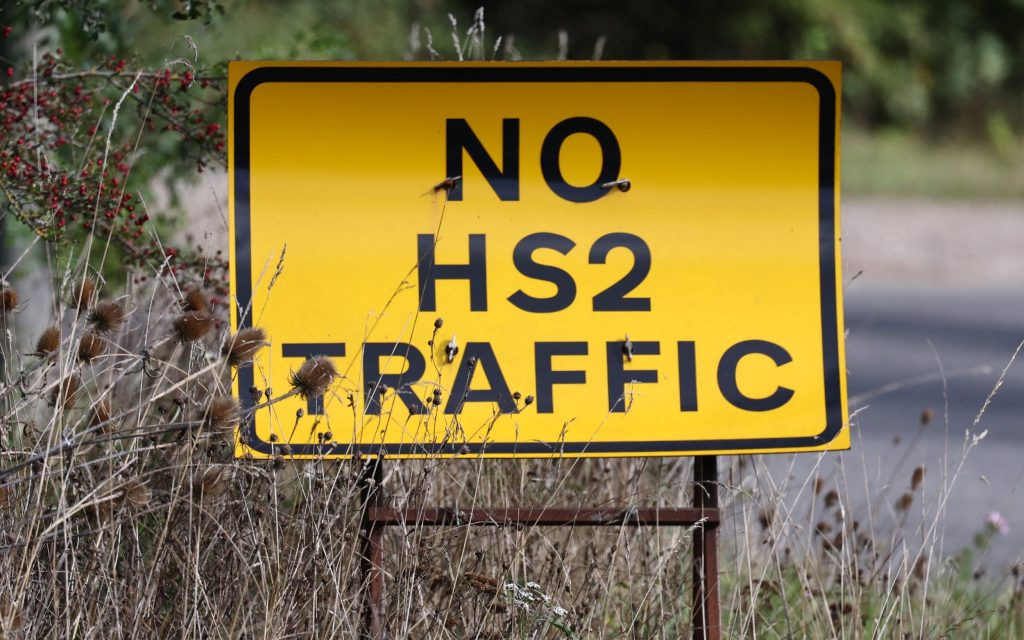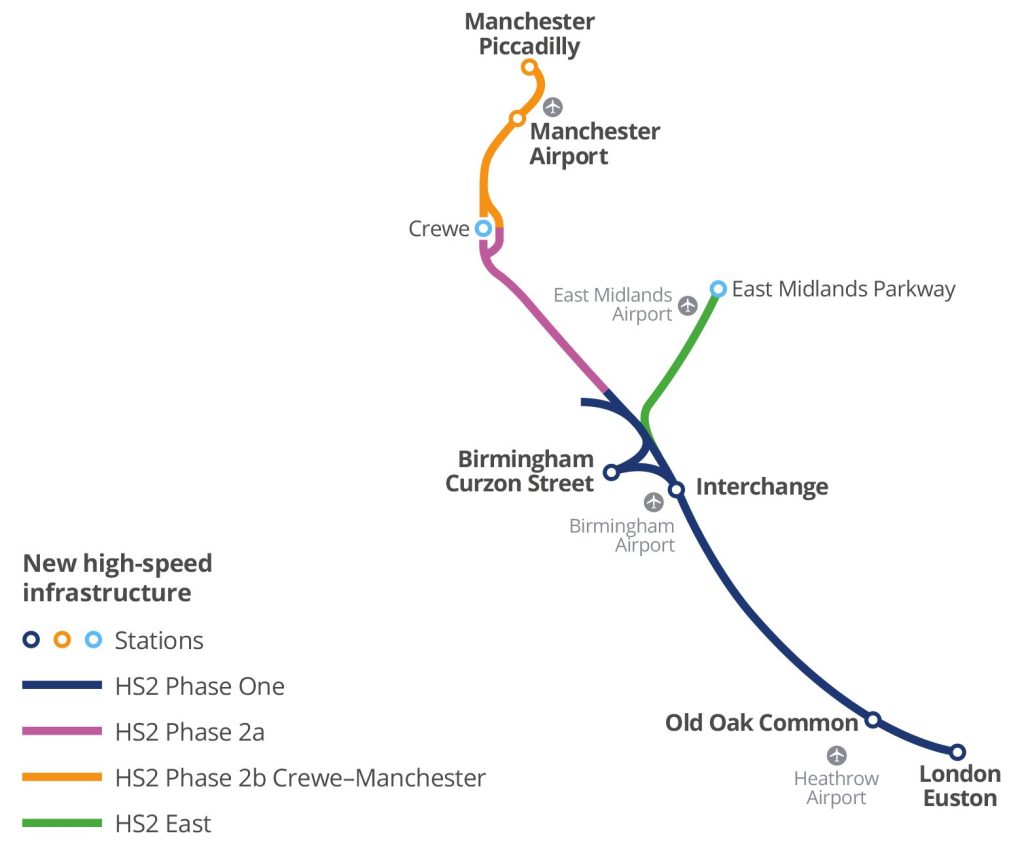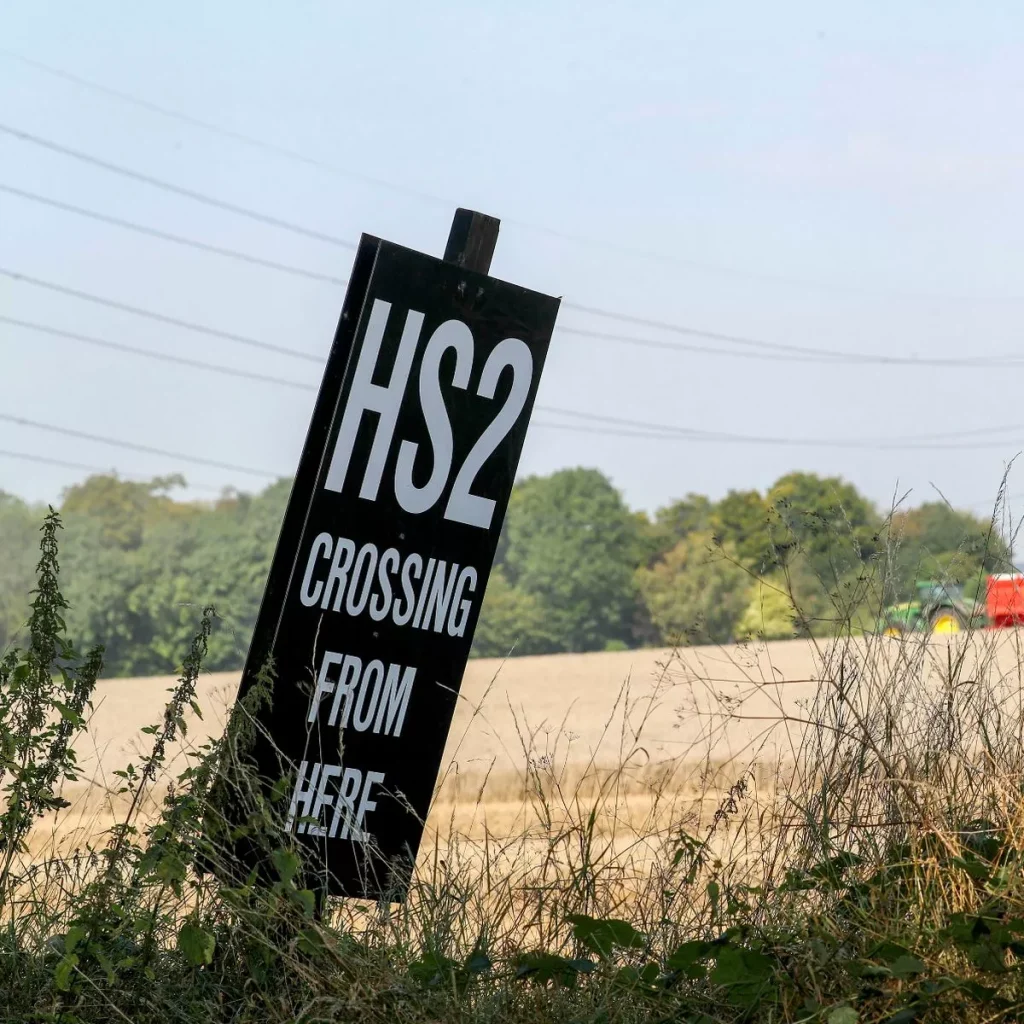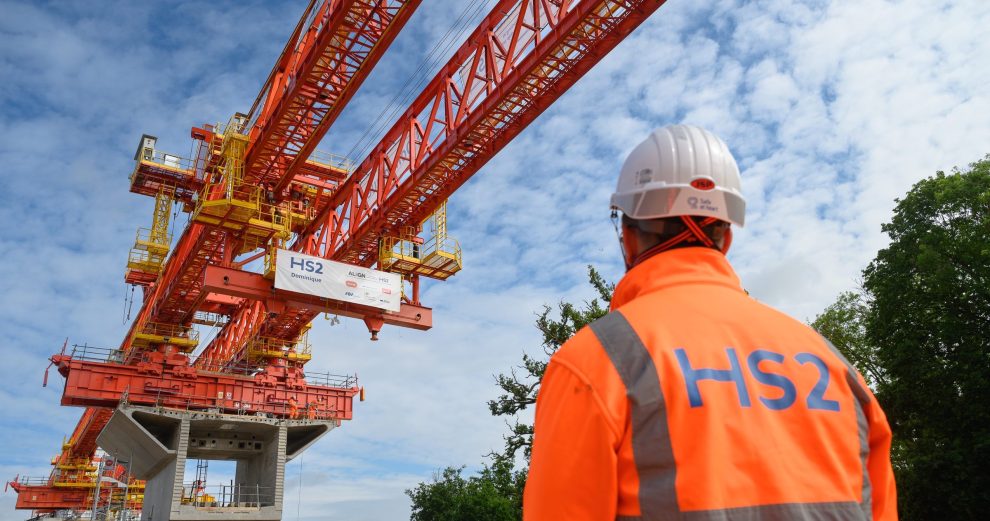IN THE AFTERMATH of the abrupt curtailment of the HS2’s northern extension, the deep-seated implications of a near 20-year-old Welsh Government decision are brought into stark relief, casting a shadow over the nation’s infrastructure and economic outlook. The contentious High-Speed 2 (HS2) rail project, now confined to a link between London and Birmingham, leaves Wales grappling with its rail underfunding while other UK nations reap financial compensations for the major English rail undertakings.
In the early 2000s, the then-Welsh Assembly Government made a crucial, seemingly pragmatic decision, opting out of devolving rail infrastructure spending to Cardiff Bay, a move some now brand as the “biggest mistake” ever made by the Welsh Government. Wales receives no funding from the HS2’s staggering £44.6bn budget for the first phase, a sharp contrast to Scotland and Northern Ireland, who automatically get population-based shares of such expenditures in England.
So, what has led to this paradox where Wales watches billions being spent on connecting English metropolises while its own rail infrastructure groans under the weight of antiquated systems and a paucity of funding?
Three pivotal reasons guided the original decision of eschewing devolution of rail infrastructure spending: a lack of requisite expertise and capacity within the Welsh civil service; concern over the financial liability tied to maintaining and upgrading the rail network; and the complications arising from the deeply intertwined nature of Welsh and English rail networks.
Andrew Davies, the former transport minister and decision-maker during that period, maintains that the decision was in essence, a cautious approach during a time of transformative change, though the fallout in 2023 starkly juxtaposes the deliberations of 2005.

It’s not only the first phase of the HS2 that is the matter in question; Wales will also be devoid of benefits from extensive English rail projects like the potential Northern Powerhouse Rail, further exacerbating the discrepancies in infrastructure investment across the UK nations.
To understand the depth of the issue, it’s imperative to explore the financial trail left in the wake of substantial English rail projects. Scotland and Northern Ireland receive proportional funding, yet Wales, inherently bound to England in terms of rail spending, receives none. These disparities don’t only perpetuate infrastructural inequities but also starkly impede Wales’s ability to tackle pervasive issues like poverty and economic stagnation.

The current First Minister, Mark Drakeford, resists unequivocally labelling the decision as a mistake, citing the contextual challenges and limitations of the era. However, observers and experts like Professor Mark Barry perceive it differently, identifying it as a pivotal misstep with longstanding economic repercussions for Wales.
A complex, almost inscrutable funding system undergirds UK transport spending, and it’s this complexity that has shackled Wales to a future of perpetually lagging rail infrastructure, while other nations forge ahead on the back of substantial financial injections from Westminster.
Chancellor Rishi Sunak has promised the reinvestment of the £36bn from the cancelled HS2 phase into other transport projects. Yet, whether Wales will see a fair share of this investment, given the historic patterns of distribution, remains shrouded in skepticism.
Wales remains tethered to a perplexing funding infrastructure that constrains its economic and infrastructural development. The HS2 controversy has once more thrown the spotlight on the imbalances and inequalities embedded within the UK’s national rail funding structures. For Wales, the future of its rail network, economic development, and the very essence of its devolutionary powers, hang precariously in the balance, catalysing urgent reflection on equitable infrastructure investment across all UK nations.



















